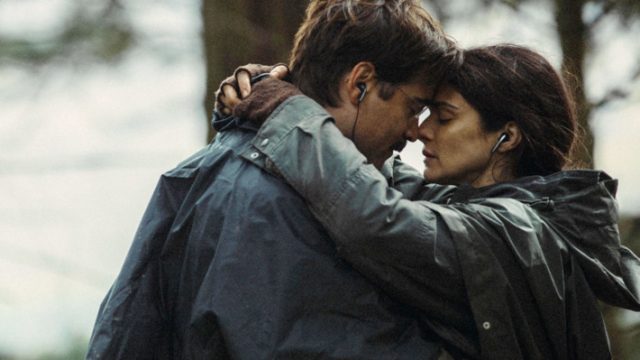Yorgos Lanthimos‘s The Lobster succeeds by totally committing to its own strangeness. It’s a film that’s as precise and fussy in language as any Wes Anderson film is in set and production design, and more than any number of exotic animals, that’s how its worldbuilding is done.
Characters are bad, clumsy liars, but they’re often bad, clumsy truth-tellers, too, because this is a world with no concept of real intimacy. Relationships are forced into being through unwieldy gobs of disclosure–“Can I come to your room sometime for a chat? I could give you a blowjob. Or you could just fuck me. I always swallow after fellatio and I’ve got absolutely no problem with anal sex if that’s your thing. My ex-husband always used to say I had the most beautiful thighs he’d ever seen, but let’s not talk about him”–and reassurances are made useless by the way they’re fenced and hedged back into the same neuroticism they’re trying to combat–“Now the fact that you will turn into an animal if you fail to fall in love with someone during your stay here is not something that should upset you or get you down. Just think, as an animal you’ll have a second chance to find a companion. But, even then, you must be careful; you need to choose a companion that is a similar type of animal to you. A wolf and a penguin could never live together, nor could a camel and a hippopotamus. That would be absurd.”
To the extent that it works as a romance between David (Colin Farrell) and the Short-Sighted Woman (Rachel Weisz) it does so because they’re sometimes forced to stop talking. The language of gestures they make to communicate with each other in the woods is, by necessity, simpler than the speeches they make everywhere else. When they’re more dependent on talking, they find themselves running into conversational walls over and over again, lacking their shared “defining characteristic.”
The movie goes to credits with the possibility of an action. Action, and silence. For the viewer, it is what it feels like: the end of this world.


